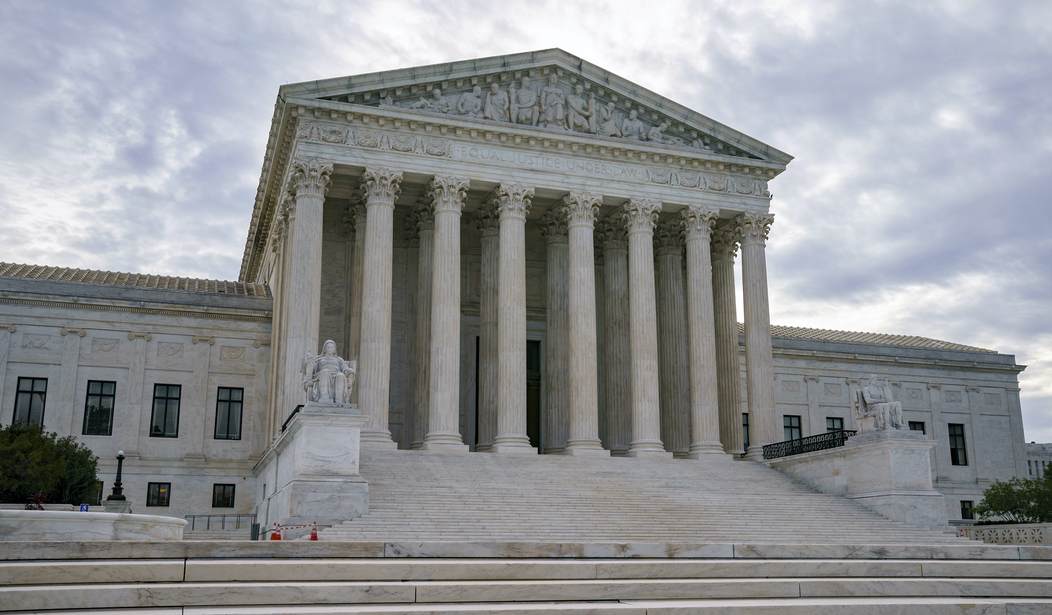Last week, over ten state attorneys general signed an amicus brief in support of an administrative stay allowing Texas’ near-total abortion ban to remain in effect pending further legal action by the Biden administration to undermine the law.
In the filing, the states did not weigh in on the constitutionality of the law, S.B. 8, which outlaws abortions in Texas after fetal heartbeat detection. This occurs at roughly six weeks gestation, before many women know that they are pregnant. Rather, the states challenge the federal government’s intervention with S.B. 8.
“The order below threatens to expose every State in the Union to suit by the federal government whenever the U.S. Attorney General deems a state law to violate some constitutional right of someone, somewhere,” the filing reads.
As we reported, the Supreme Court of the United States (SCOTUS) voted 5-4 to uphold S.B. 8 on Sept. 1, the day it took effect.This occurred after abortion providers and advocacy groups submitted a last-minute request asking the Court to strike down S.B. 8. In response to the Court's decision, President Biden issued remarks promising a “whole-of-government” approach to fight S.B. 8. Days later, Attorney General Merrick Garland announced that the DOJ would sue Texas over S.B. 8.
"The Attorney General has no authority to act as a roving reviser of state law, challenging as unconstitutional any rule with which he disagrees," the amicus filing continued.
On Oct. 6, U.S. District Judge Robert Pitman, an Obama appointee, issued a temporary injunction on S.B. 8 at the request of the Biden administration. Two days later, the Fifth Circuit Court of Appeals issued an administrative stay on S.B. 8, allowing the law to take effect again, overruling Pitman’s injunction. The DOJ asked the Fifth Circuit to reconsider its decision to no avail. And, as Rebecca reported last week, the DOJ intends to ask SCOTUS to overturn the Fifth Circuit’s stay of the District Court’s preliminary injunction.
Recommended
The seventeen states signed onto the brief are Alabama, Arizona, Arkansas, Florida, Georgia, Kansas, Kentucky, Louisiana, Mississippi, Missouri, Montana, Ohio, Oklahoma, South Carolina, South Dakota, Utah, and West Virginia.
“This case does not permit, much less require, the Court to address S.B. 8, but instead presents a legal question of considerable significance for federalism and the separation of powers — whether the Attorney General has inherent authority to challenge state laws as violative of individual constitutional rights even absent congressional authorization,” the filing concludes. “Congress has repeatedly refused to grant him such authority; this Court should refuse to do so as well.”

























Join the conversation as a VIP Member